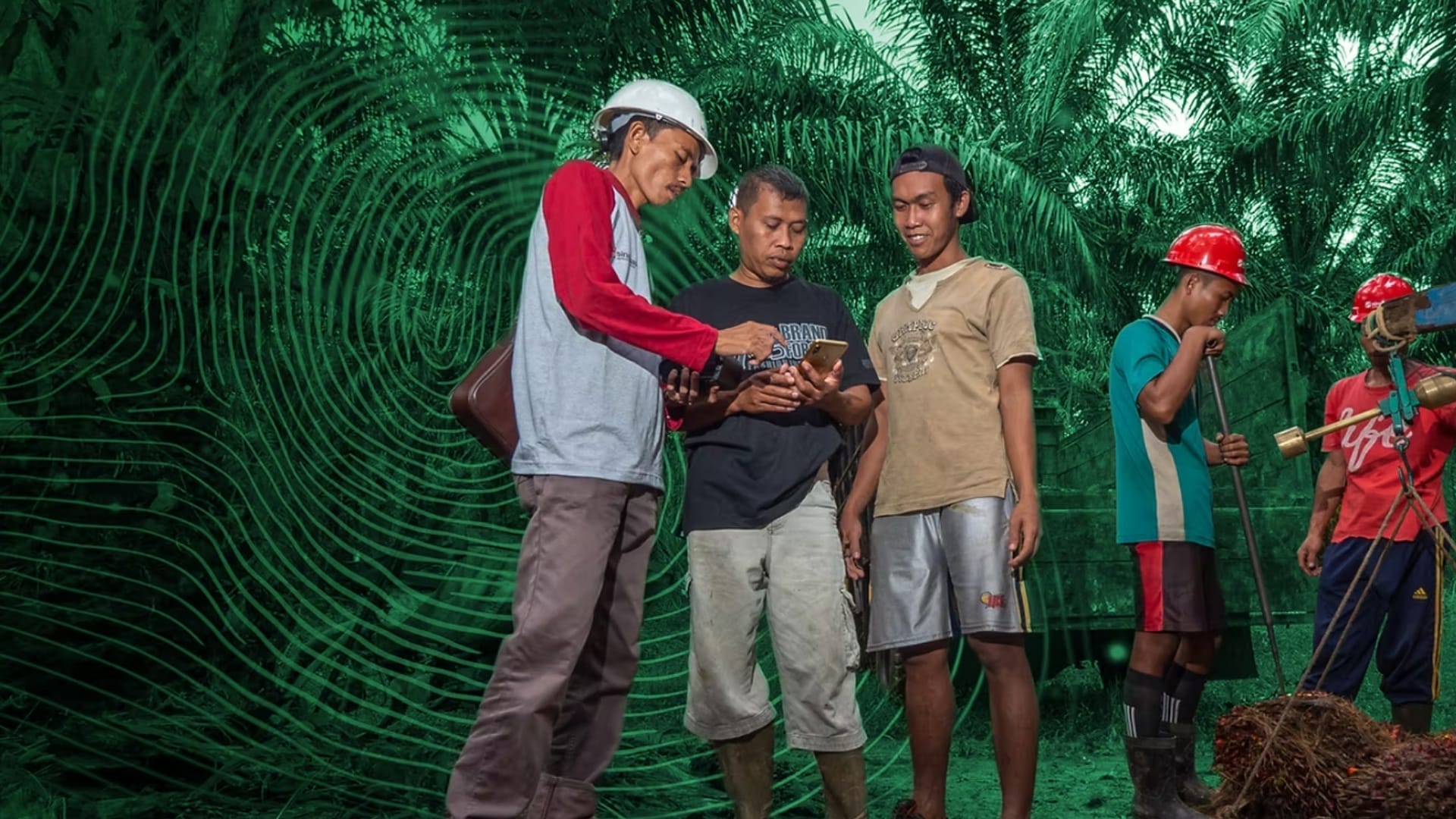Koltiva strengthens its role as Southeast Asia’s partner for EUDR compliance
Koltiva supports Southeast Asia's rubber industry in meeting EUDR compliance through training, traceability, and sustainable solutions.

Southeast Asia dominates the global natural rubber market, producing 80% of the world’s supply. With Thailand and Indonesia leading exports at US$19.7 billion and US$5.6 billion respectively, the rubber industry is a cornerstone of the region’s economy (ARC: 2023). However, smallholder farmers face significant challenges in complying with the European Union Deforestation Regulation (EUDR), which requires traceability and proof that commodities are deforestation-free.
Table Of Content
Challenges for smallholder farmers under EUDR
The EUDR introduces strict requirements for commodities entering the EU, demanding clear traceability and comprehensive due diligence documentation (EU, 2023). However, Southeast Asia’s fragmented supply chains, limited infrastructure, and land legality issues make compliance challenging for smallholders.
In Indonesia, only 10,000 hectares out of 3.2 million smallholder plantations are registered, posing a significant barrier to compliance. Similarly, in Vietnam, mixed-origin rubber creates traceability issues, risking market access (Asia News: 2024). Without legal land titles or sufficient infrastructure, many smallholders remain vulnerable to exclusion from global markets.
Koltiva, a sustainability and traceability solutions provider, has stepped in to address these challenges. Through its Agriculture Practices Training & Coaching programme (KoltiSkills) and its digital Traceability Platform (KoltiTrace), the company supports smallholders and enterprises in meeting EUDR standards.
“Koltiva is deeply committed to supporting Southeast Asia’s industry in meeting the EUDR requirements,” said Manfred Borer, CEO & Co-Founder at Koltiva. “Through our tailored solutions, we are bridging the gap between regulatory demands and smallholder capabilities, ensuring compliance, sustainable growth, and market resilience.”
Practical solutions through KoltiSkills and KoltiTrace
Koltiva offers specialised services to help farmers and producers adapt to the EUDR requirements. KoltiSkills has already coached around 6,000 rubber producers, providing them with essential knowledge and tools to navigate regulatory challenges. Additionally, Koltiva has mapped and registered over 180,000 producers and verified more than 790,000 hectares of farmland across Thailand, Vietnam, Malaysia, and Indonesia.
Field agents play a crucial role in this process, working closely with smallholders to collect data, conduct risk assessments, and document supply chain pathways. Through KoltiTrace, Koltiva ensures traceability from plantation to export, reducing the risk of deforestation-linked commodities entering global markets.
Training sessions under KoltiSkills focus on sustainability practices, compliance awareness, and record-keeping. These include both group workshops and personalised coaching, ensuring that smallholders understand and meet EUDR requirements effectively.
Regional progress and the path ahead
Thailand has emerged as a leader in regional compliance, with 95% of its producers registered on a national traceability platform. This success demonstrates the value of centralised digital solutions in meeting EUDR requirements.
In contrast, Indonesia and Vietnam face more significant hurdles. In Indonesia, limited geolocation compliance and legal documentation gaps pose risks, potentially affecting US$527 million in exports (Asia News: 2024). Vietnam and Cambodia also struggle with cross-border traceability and mixed-origin rubber, complicating compliance efforts (Lesprom: 2023).
To address these disparities, Koltiva collaborates with local governments and industry stakeholders to assist farmers with legal land documentation and international certifications, including Rainforest Alliance and FairTrade. This ensures that smallholders can access global markets with certified, legally compliant products.
“With Koltiva’s solutions, we are not just helping smallholders adapt to the EUDR; we are empowering them to become key players in a sustainable global supply chain,” Borer added.
As the EUDR compliance deadline approaches, collaboration between governments, industry players, and producers will be essential. With tools like KoltiSkills and KoltiTrace, Southeast Asia’s rubber industry has an opportunity to lead in sustainable practices while maintaining economic resilience.
















